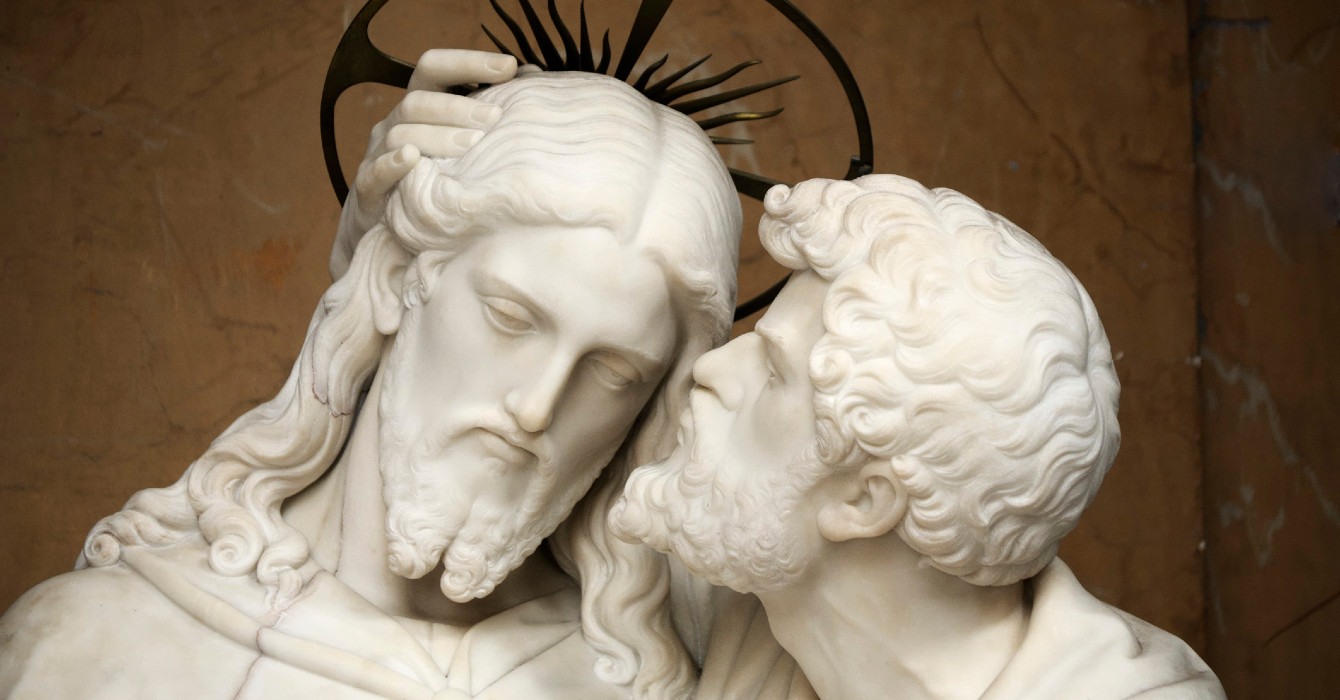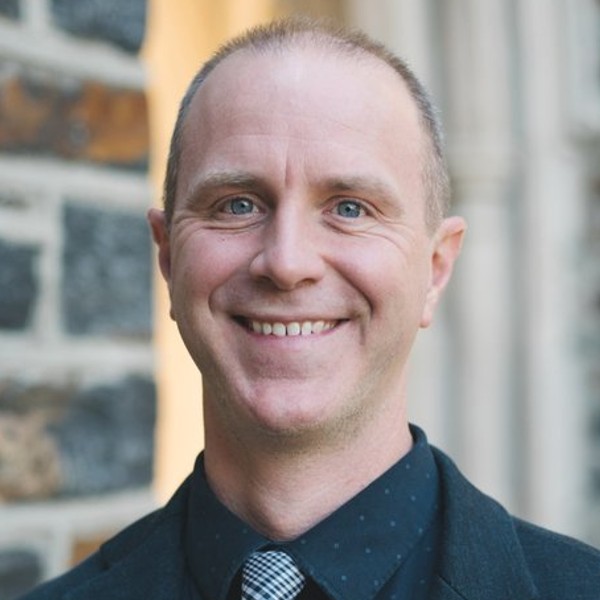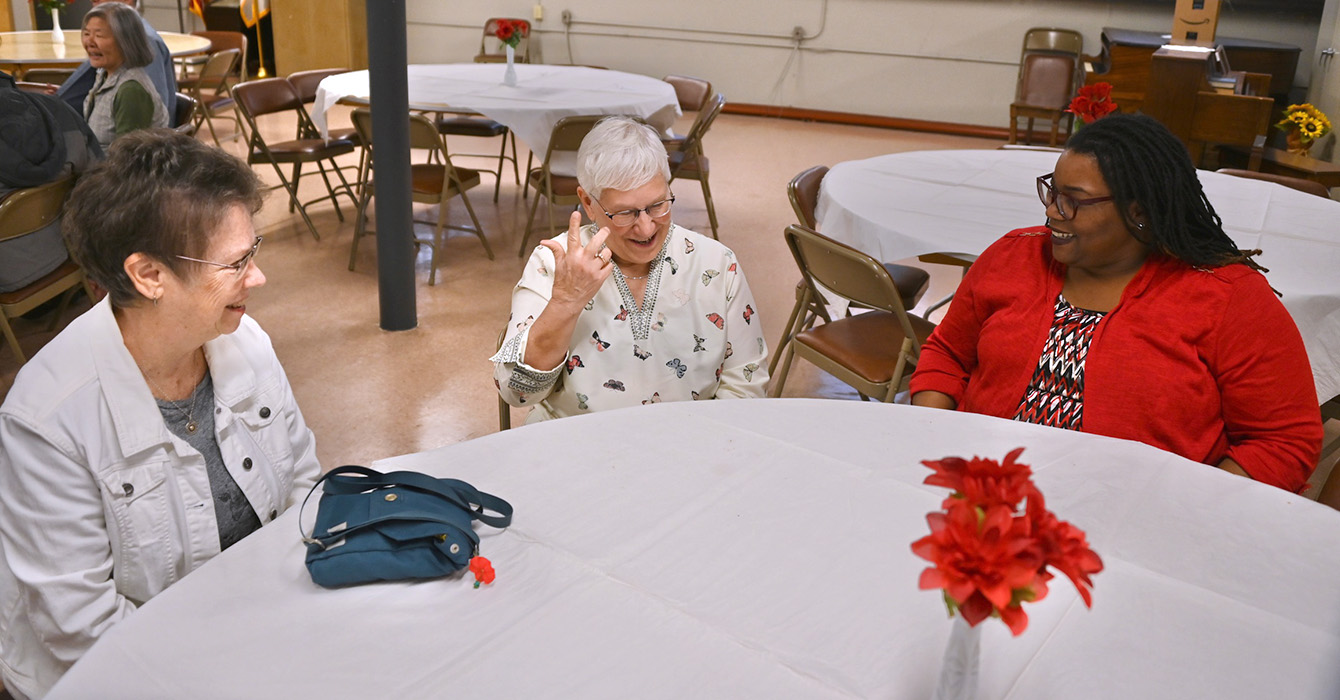I mentioned in a sermon that I’m not good at getting things started -- or finished. My leadership strengths are in the area one author calls “ideation.” A less generous author would have called it the strength of idle daydreaming.
This confession likely came as no surprise to anyone who’d been in my office and read the titles of some of my books: “Making Ideas Happen,” “Getting Things Done,” “To Do, Doing, Done!” My leadership is too Quaker, someone once told me -- too much waiting, too little doing.
After worship one day, Jack called the parsonage. Jack is an entrepreneur; he specializes in making things happen. “Roger, are you going to be around in a few minutes?” he asked. “I have a book I want to bring you.”
Twenty minutes later, Jack stood at the door holding a book called “In Search of Excellence: Lessons from America’s Best-Run Companies.”
“It’s a classic business book,” he said. “You might want to skip straight to Chapter 5.”
When he left, I flipped to the table of contents, where I found: “5: A Bias for Action.”
“I get it, Jack -- less daydreaming, more doing,” I thought. I’d seen this recommended in those other books I’d bought, too. And I was willing to try making some adjustments.
I didn’t stop taking my contemplative walks, and I still take a half-hour to order lunch, but I began to work more strategically with people good at turning ideas into realities. And I tried to say yes more quickly to other people’s ideas.
When someone in a staff meeting suggested we try projectors and screens in worship, I said, “Sure, let’s give it a shot. We’ll call it an experiment.” The staff’s expressions said, “What have you done with Roger?”
But my inner Quaker was never completely satisfied. With a bias for action, when do you stop, question, talk and pray? Is there no place for sitting in silence? Maybe a business doesn’t need to distinguish between decisive action and discerning action, but a church does.
Imagine if Jack had told me to read the Gospel of Mark instead of “In Search of Excellence.” In Mark’s Gospel, Jesus lets no grass grow under his sandals. He preaches, heals, exorcises, feeds, forgives -- and then “immediately” moves on to do it all over again. He’s a savior with a bias for action.
Except when he’s not.
Except when he’s facing temptation in the desert. Except when he’s praying early in the morning, alone. Except when he’s explaining a parable to his inner circle of followers, or framing the perfect question to help the disciples see when they don’t get it. Except when he’s pleading with God in a garden and wanting the disciples to do nothing else but stay awake.
Jesus does not balance action with the “inaction” of talking, questioning and praying. He engages in different kinds of action.
Maybe the question isn’t, Do you have a bias for action? but, Do you have the wisdom to distinguish between different kinds of action, and call for the right kind at the right time?
Because sometimes the right action is issuing an invitation, gathering people, framing questions and leading a conversation. Sometimes taking the right action means practicing what consultant Peter Block calls “leadership as convening.”
I witnessed this kind of action once after a failed attempt to repurpose the basement of our sanctuary building as a shelter for homeless families. A team of action-oriented people worked. They talked to lawyers about leases, consulted with architects about renovations and met with donors about financing the project. These “early adopters” hoped to seize an opportunity.
But those hopes died when it was time for official approval from appropriate church committees. It turned out to be too much, too risky, too fast. Dreams were dashed, feelings were hurt, and angry words were exchanged.
That’s when my co-pastor and wife, Ginger, practiced “leadership as convening.” We could have rushed to the next “to-do” on the list, but instead she invited those who had been hurt and were angry with one another to gather. She lit a Christ candle. She called us into silence. She also set the ground rules: In this space, we name our experiences. We voice our pain and confusion. We don’t blame or defend.
The evening was a miracle of openness and honesty, punctuated by some fine Quaker silence. No one proposed any projects, voted on anything or made any plans. There was just gathering, sharing and sitting in silence.
The right kind of action at the right time.
And so when the next opportunity presented itself for the use of that space, we were ready to act. I believe that the church was ready because, for that one evening, we paused the kind of action that aims for tangible results and engaged in another kind of action. This action had no demonstrable outcome, but it served God’s purposes nonetheless.















